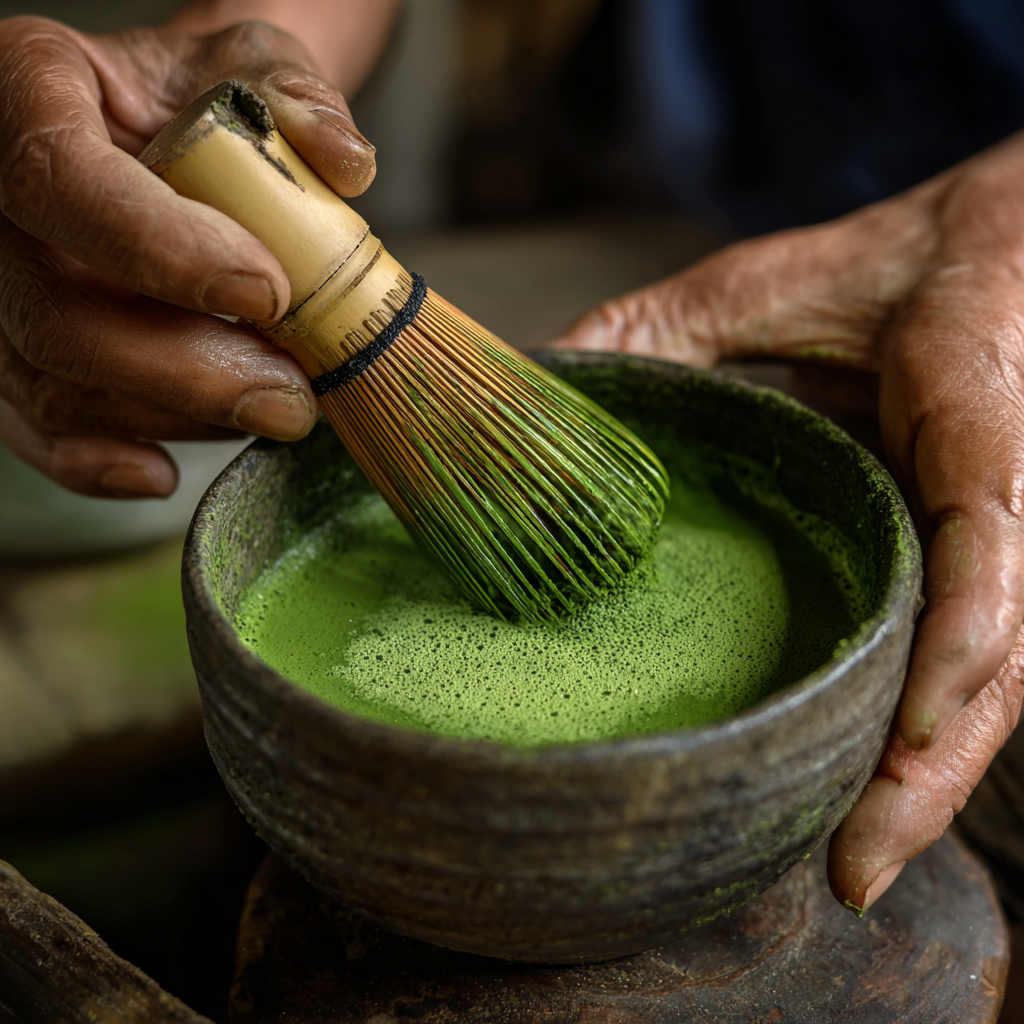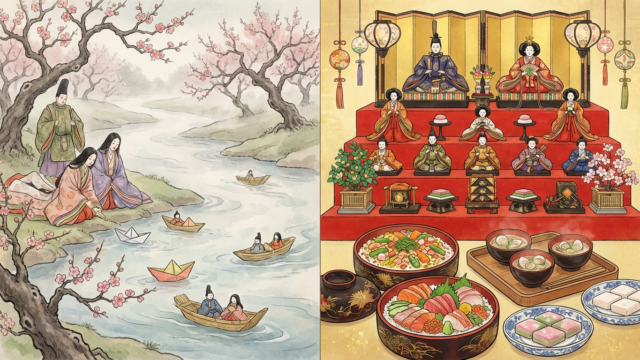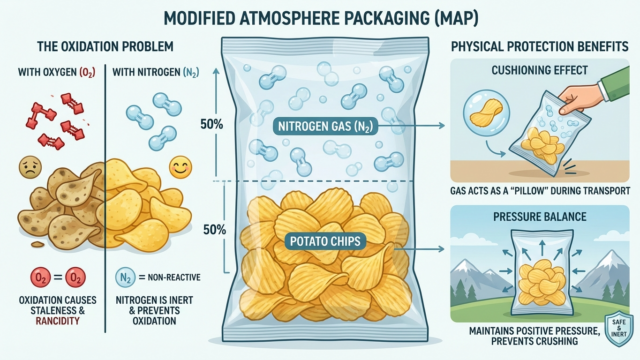Matcha Supply Struggles under Rising Heat
In 2025, Japan is facing a big challenge in producing matcha. Matcha, the fine green tea powder, has become very popular around the world. Cafés in the U.S. and Europe sell matcha lattes, cakes, and smoothies. The global demand is higher than ever. But climate change is making it harder for Japanese farmers to grow enough tea.
Summer temperatures in Japan are rising. In 2025, record heat waves damaged many tea leaves. High heat causes leaves to grow too fast and lose their delicate flavor. Farmers in Uji, Kyoto—the most famous matcha region—reported lower quality and smaller harvests. Some said their production dropped by more than 20 percent.
This shortage comes at a bad time. The global market for matcha is expected to double by 2030. Companies in Japan want to export more, but they cannot keep up. Some cafés are already raising prices, and producers worry that poor harvests will harm Japan’s reputation as the home of premium matcha.
Experts warn that climate change could change tea farming forever. Farmers may need to move fields to cooler areas, use shade nets, or breed new heat-resistant tea plants. These solutions are costly and take time, but they may be the only way to protect Japan’s traditional tea culture.
The matcha problem is more than farming—it shows how global warming affects food culture and international trade.
<音読用音声>
<Important Words>
★ demand : the need or desire for something
★ harvest : the act of collecting crops from fields
★ delicate : light and easily damaged
★ shortage : when there is not enough of something
★ reputation : the opinion people have about someone or something
★ export : to send products to another country
★ breed : to develop new plants or animals
<日本語訳>猛暑で揺らぐ抹茶供給
2025年、日本は抹茶の生産で大きな課題に直面しています。抹茶は世界中で人気が急上昇し、アメリカやヨーロッパのカフェではラテやケーキ、スムージーが大人気です。しかし、気候変動によって茶畑の生産が追いつかなくなっています。
日本の夏の気温は上昇を続けています。2025年の猛暑では、多くの茶葉がダメージを受けました。高温になると茶葉が早く成長しすぎ、繊細な風味を失ってしまいます。特に有名な京都・宇治の農家では、収穫量が20%以上減少したと報告されています。
需要が急増する中での供給不足は深刻です。世界の抹茶市場は2030年までに倍増すると予測されますが、日本の農家は対応できません。カフェでは値上げも始まり、日本産抹茶のブランド価値が傷つくことを生産者は心配しています。
専門家は「気候変動は茶栽培を根本から変える」と警告します。農家は涼しい地域への移転、遮光ネットの利用、耐暑性のある品種開発などを迫られるでしょう。時間も費用もかかりますが、日本の伝統的なお茶文化を守るためには避けられない道です。
抹茶の問題は単なる農業ではなく、地球温暖化が食文化や国際貿易にどう影響するかを示す事例なのです。

【原田英語コラム】猛暑と抹茶――伝統が試されるとき
「抹茶=日本の象徴」というイメージはすっかり定着しました。ニューヨークやパリのカフェで出される抹茶ラテを飲む人々の多くは、それが京都や静岡の茶畑で育った葉から作られていることを想像もしないかもしれません。しかし今、その象徴が気候変動によって揺らぎ始めています。
抹茶の魅力は「旨味と香りのバランス」です。この風味は、茶葉がゆっくりと成長することで生まれます。ところが猛暑では成長が早まり、旨味成分のテアニンが減少し、苦味が強くなってしまうのです。言い換えれば、抹茶の「本当の味わい」が失われてしまう危険があるのです。
農家はすでに工夫を始めています。遮光ネットで直射日光を防ぐ、収穫時期を調整する、新しい品種の開発に挑戦する…。これらは伝統に背く行為ではなく、むしろ「伝統を守るための革新」と考えられるでしょう。歴史を振り返れば、お茶の栽培法は時代ごとに改良されてきたのです。
ここで問われるのは、私たち消費者の姿勢でもあります。「安く大量に」ではなく、「大切に味わう」飲み方へと価値観をシフトできるのか。抹茶の未来は、農家の努力だけでなく、世界中の飲み手の意識にもかかっているのです。
次に抹茶スイーツやラテを口にしたとき、その一杯の背景にある気候の変化と農家の挑戦を、少しだけ想像してみてください。







